Let’s start by putting things in the right perspective. Both opera and games were created for entertainment. Usually, though, they didn’t mix or even come close to each other. Until they did, in Amon Miyamoto’s mind, when the renowned Japanese stage director envisioned Mozart’s masterpiece - The Magic Flute as a videogame. The studio of LabLike went even further, turning The Magic Flute into an actual videogame - their game designer and team lead Olaf Morelewski tells how.


I should probably tell a bit about ourselves now. Again, this needs some perspective. LabLike is a part of a collective of 3 indie creative think-tanks led by one person, Bartek Macias. One of them, Yes Eye Do, took on designing video projections for Miyamoto’s Magic Flute staging. Then there’s LabLike - an experimental space thought as an outlet for our passion for games and new technology. There’s also a third, a CGI company: Lunapark. We cooperate with their artists to produce 3D models and animations. People might be surprised when I say that we make opera stagings and video games at the same time, but it actually makes a perfect sense from where we stand.
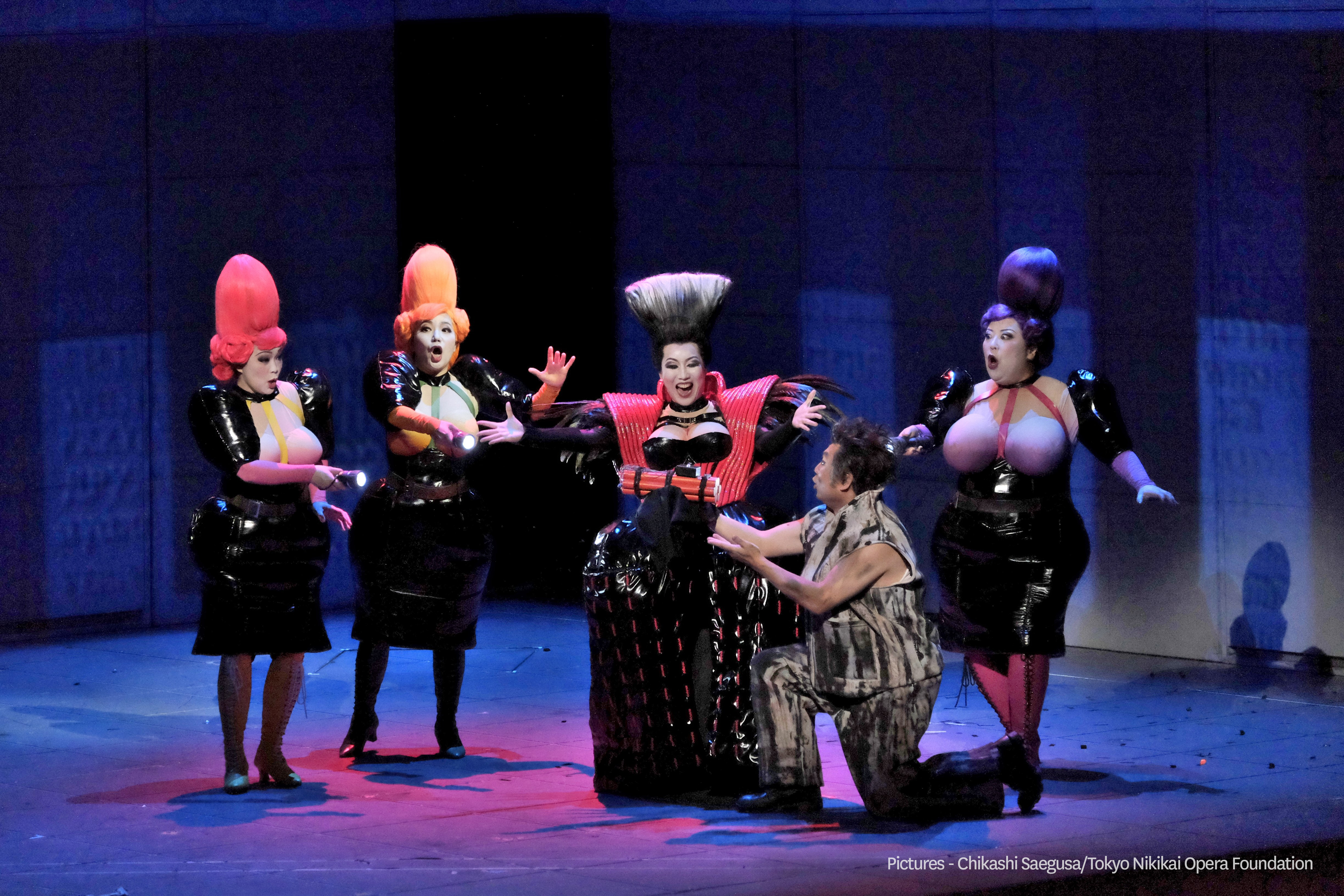
Act I: Transforming opera staging into game environments
This one was a big challenge for us as we had to redesign everything to match the new media. The sets designed for Amon Miyamoto’s vision were based inside a cubicle-like grid-based stage. This cube had 3 inner plans where video mappings were projected. The stage was isolated in a dark space and had no surrounding context.
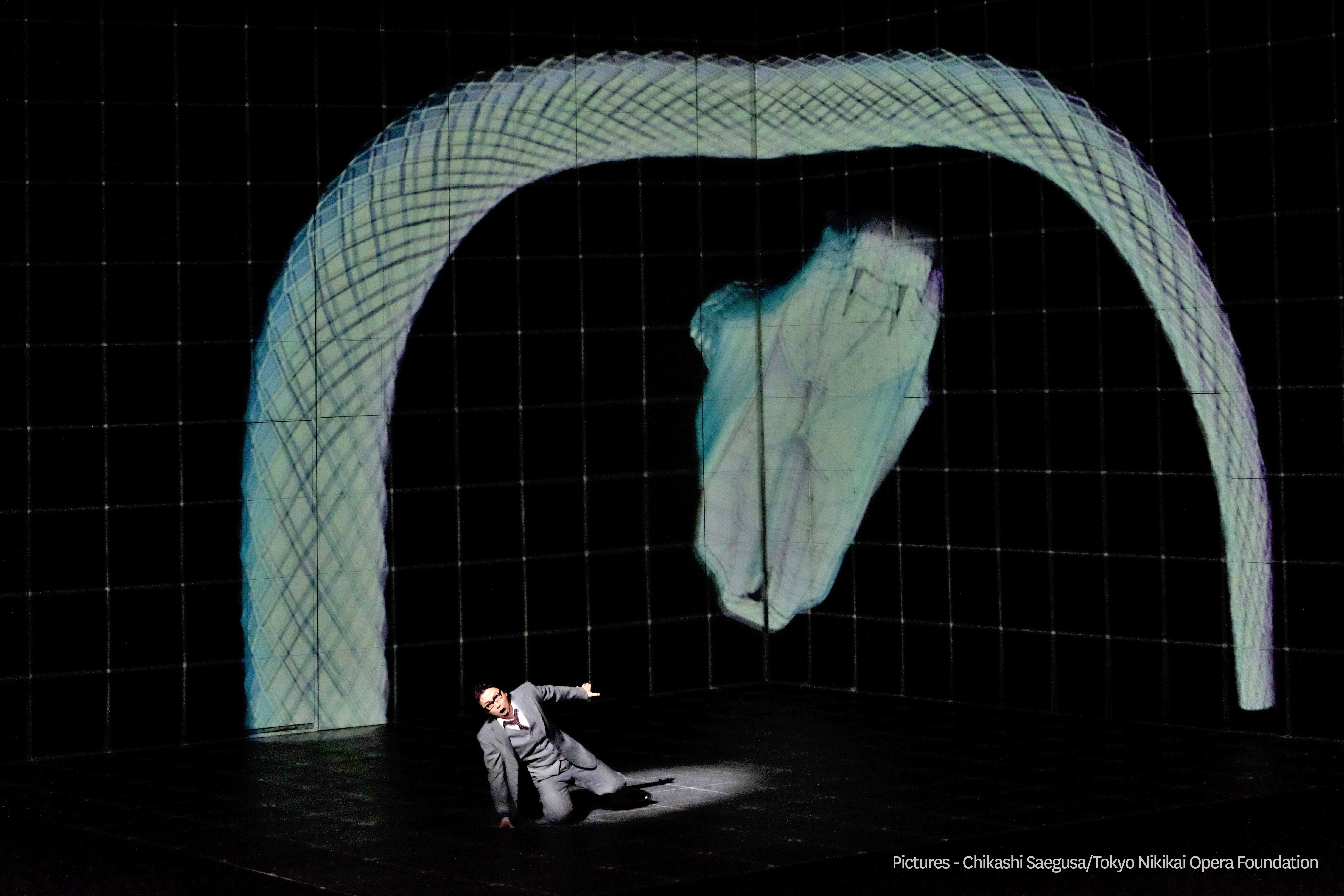
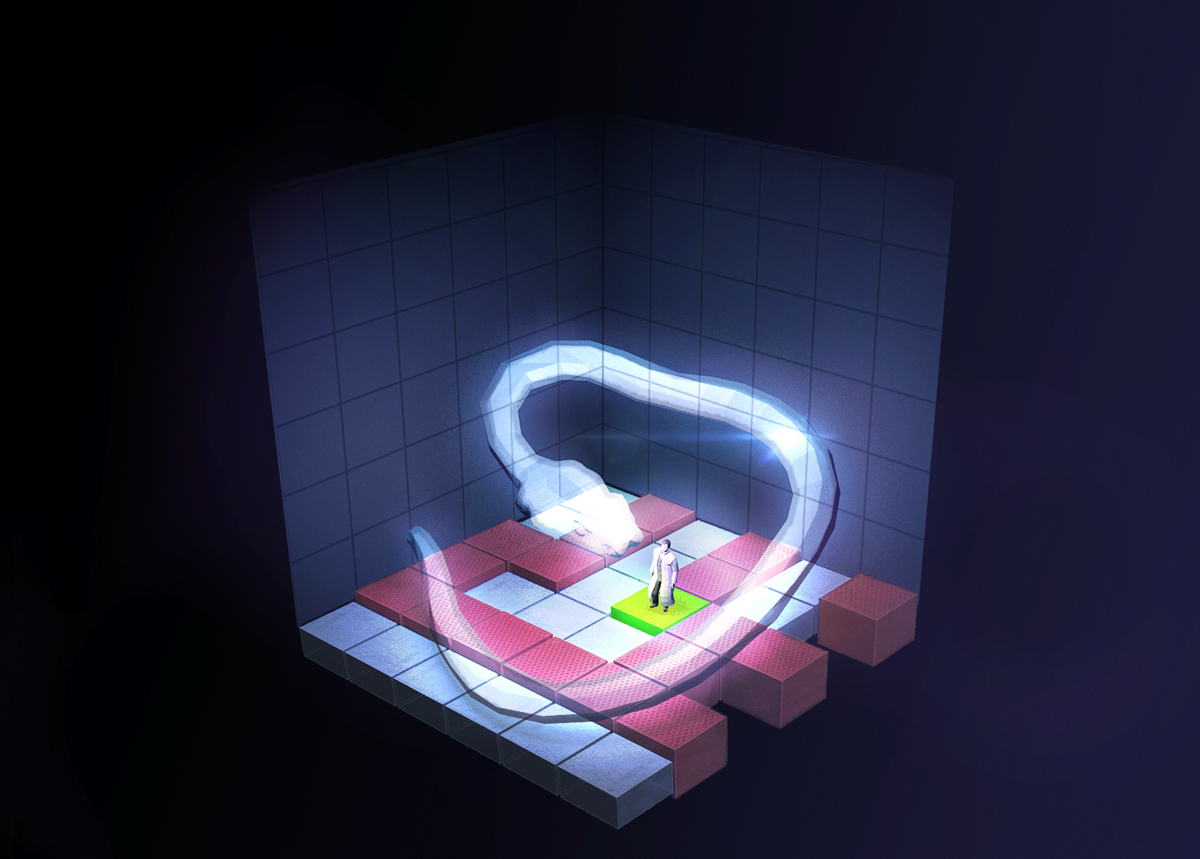
At first, we tried to mimic the same idea in our game. We’d set the game board in pitch-black darkness. But then it occurred to us we’re limiting ourselves with physical stage borders. That wasn’t necessary anymore, so we decided to take it a step further. We designed surrounding environments for all game levels while maintaining the general cubic stage idea. But now it was set inside of a visual context.
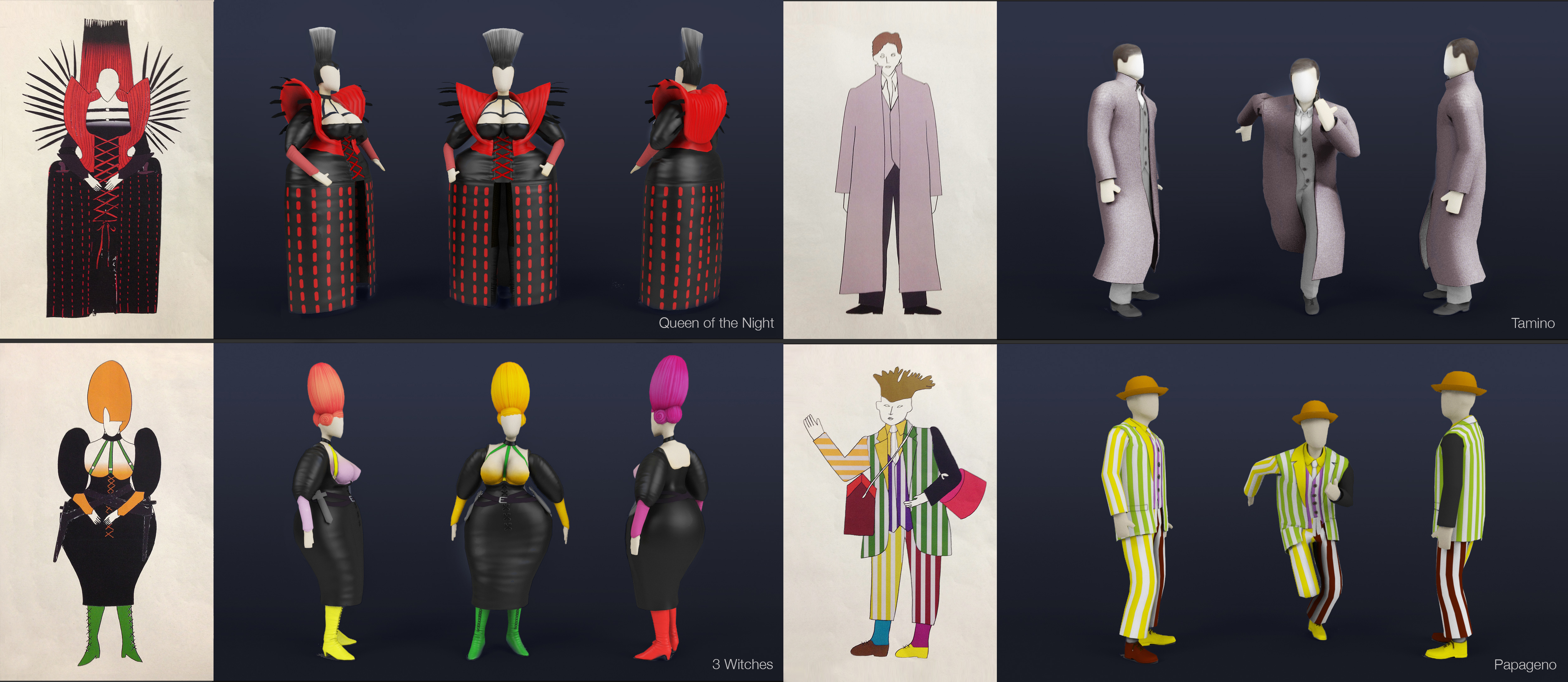
We also recreated the costume designs used in this particular staging. If you look at the actors and our game characters, you’ll find real consistency. Low-poly models in real and virtual world alike!
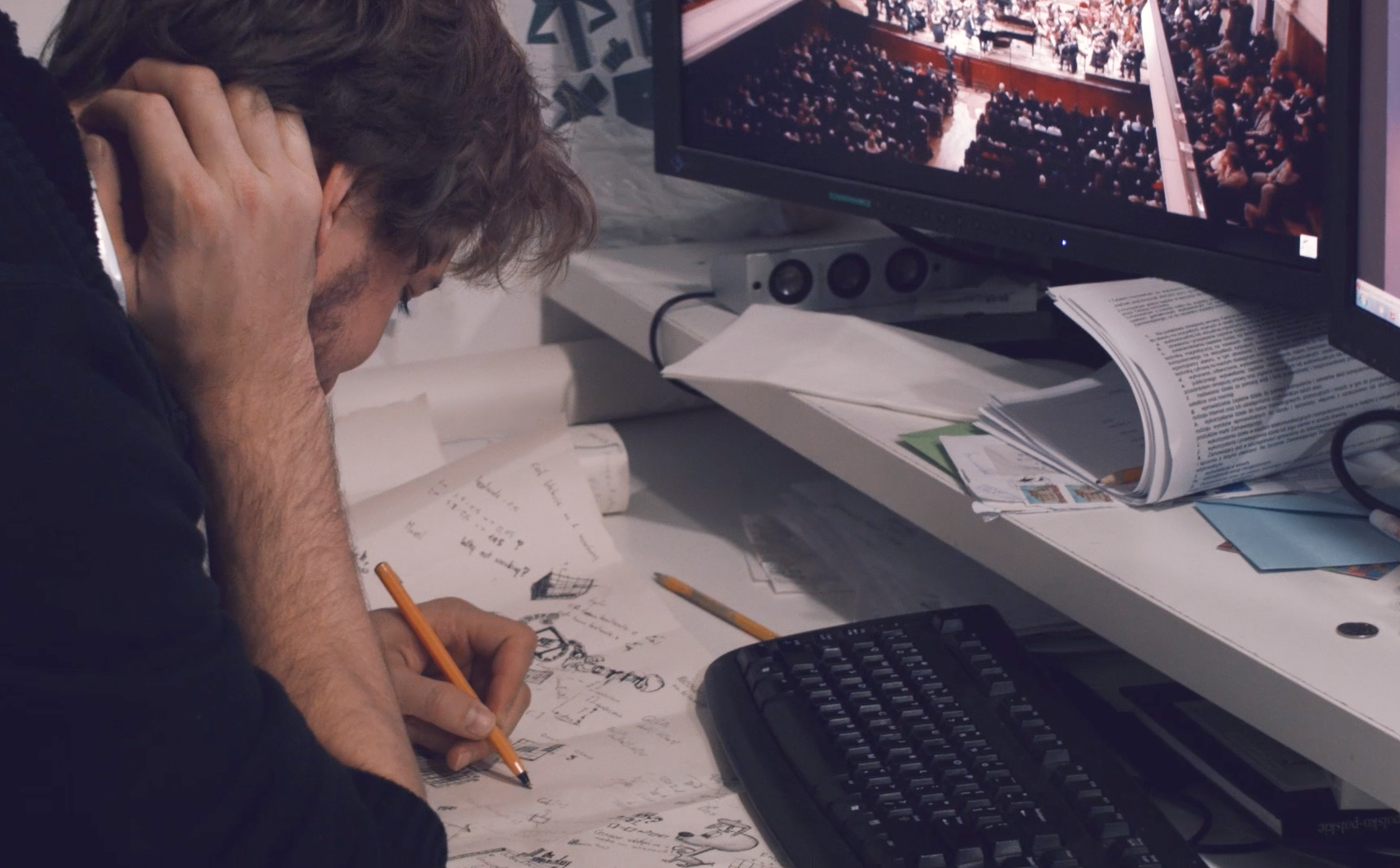
Act II: What about gameplay?
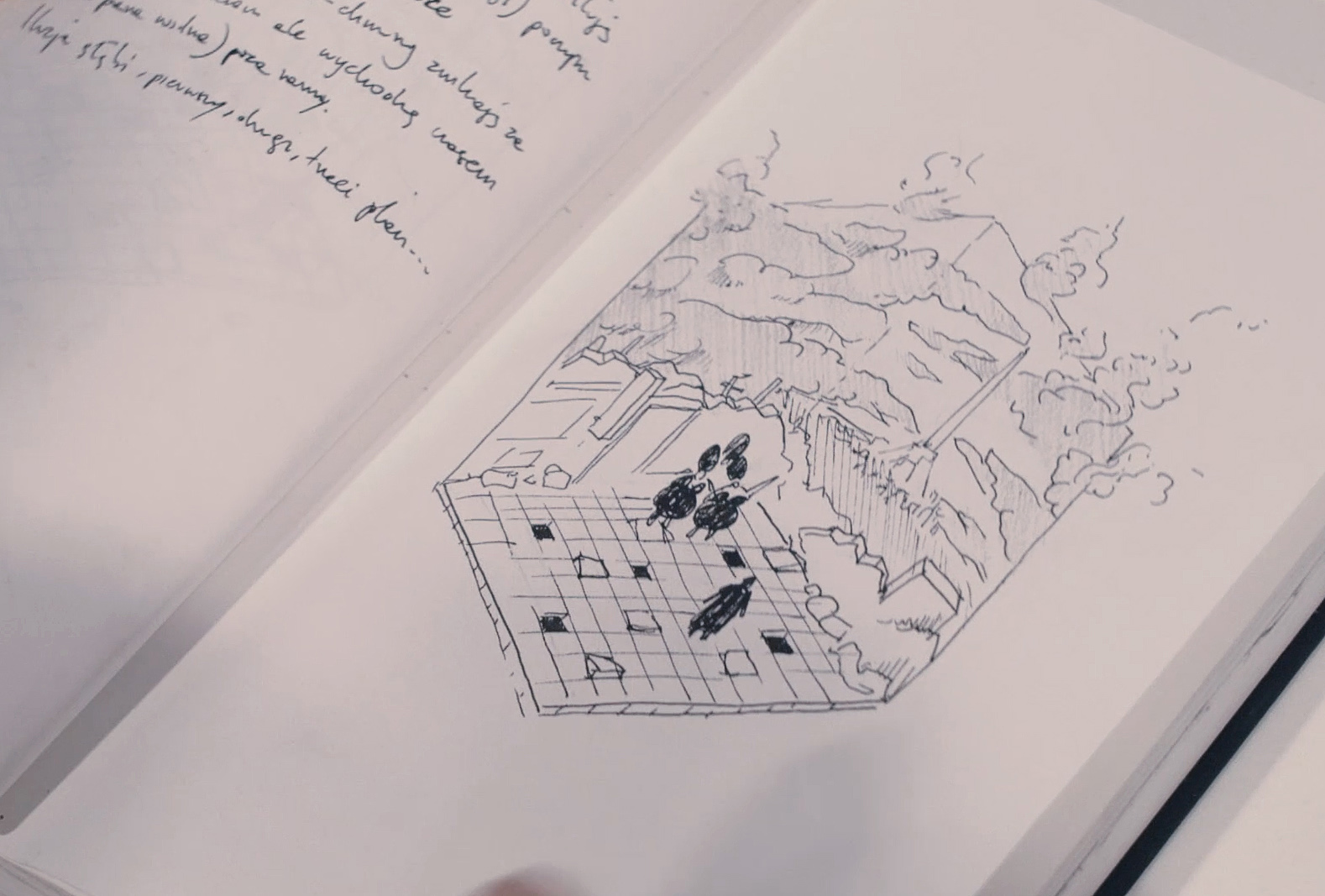
Unlike art direction where we could take some inspiration from the original staging, we had to design the game mechanics from scratch since the opera didn’t have any. Should it be an arcade game or a 3D platformer?
In the end, we decided to make it a puzzle game. Armed only with logic and imagination you have to slide tiles to create a path in front of the protagonist – or protagonists - and exit the stage. Usually, the kind of gameplay it offers is on the relaxing side, with no rush imposed on the player.
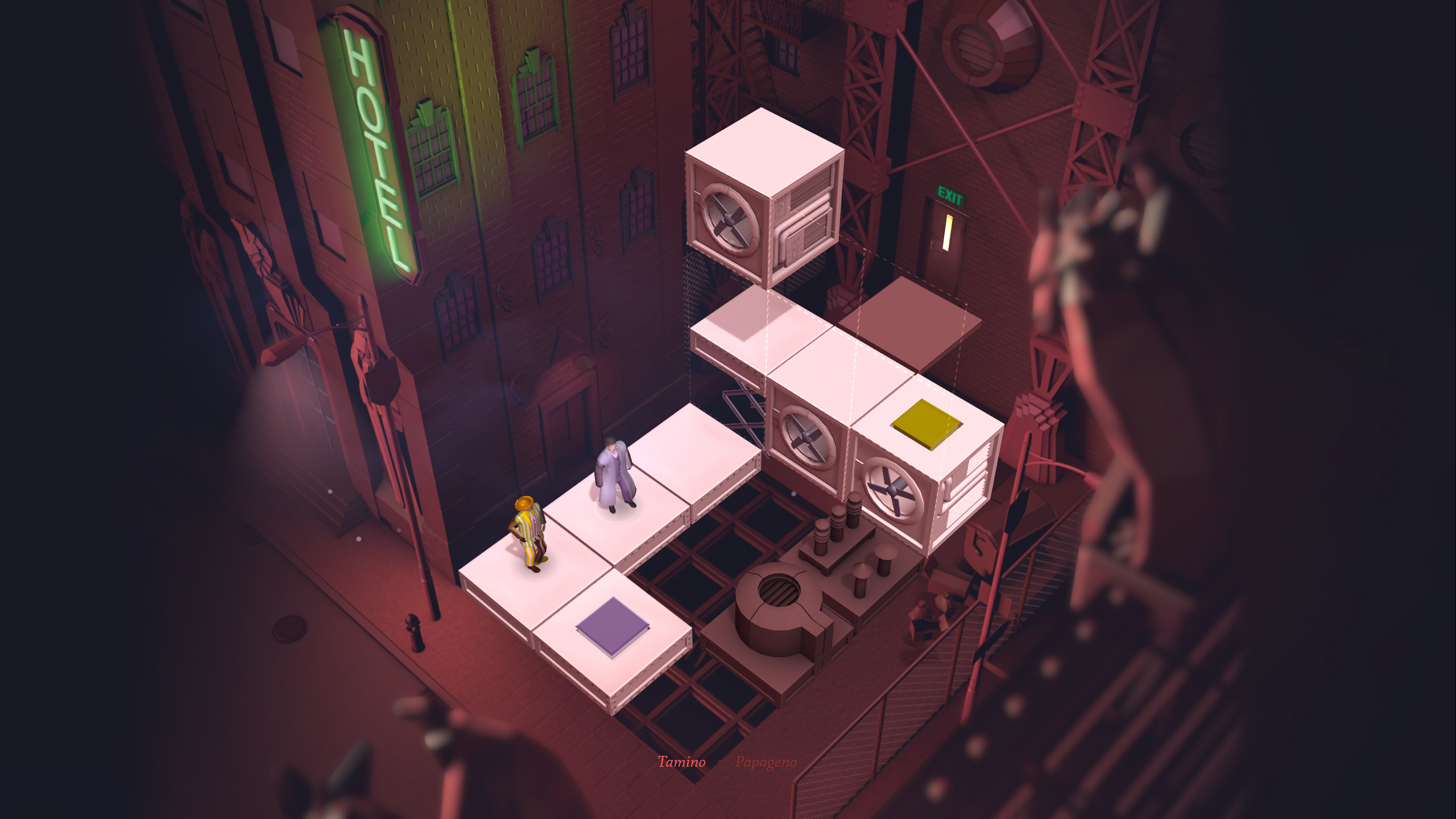
I love the part of designing process where you just sit on your own and imagine game mechanics. But I also know it’s important to get feedback on early development stages from someone who’s not your friend or family. Just to find out if the game is really fun at all. Keeping that in mind – we’ve submitted the game prototype in the Very Big Indie Pitch organized by Pocket Gamer in London. We’ve got officially selected to pitch the game.
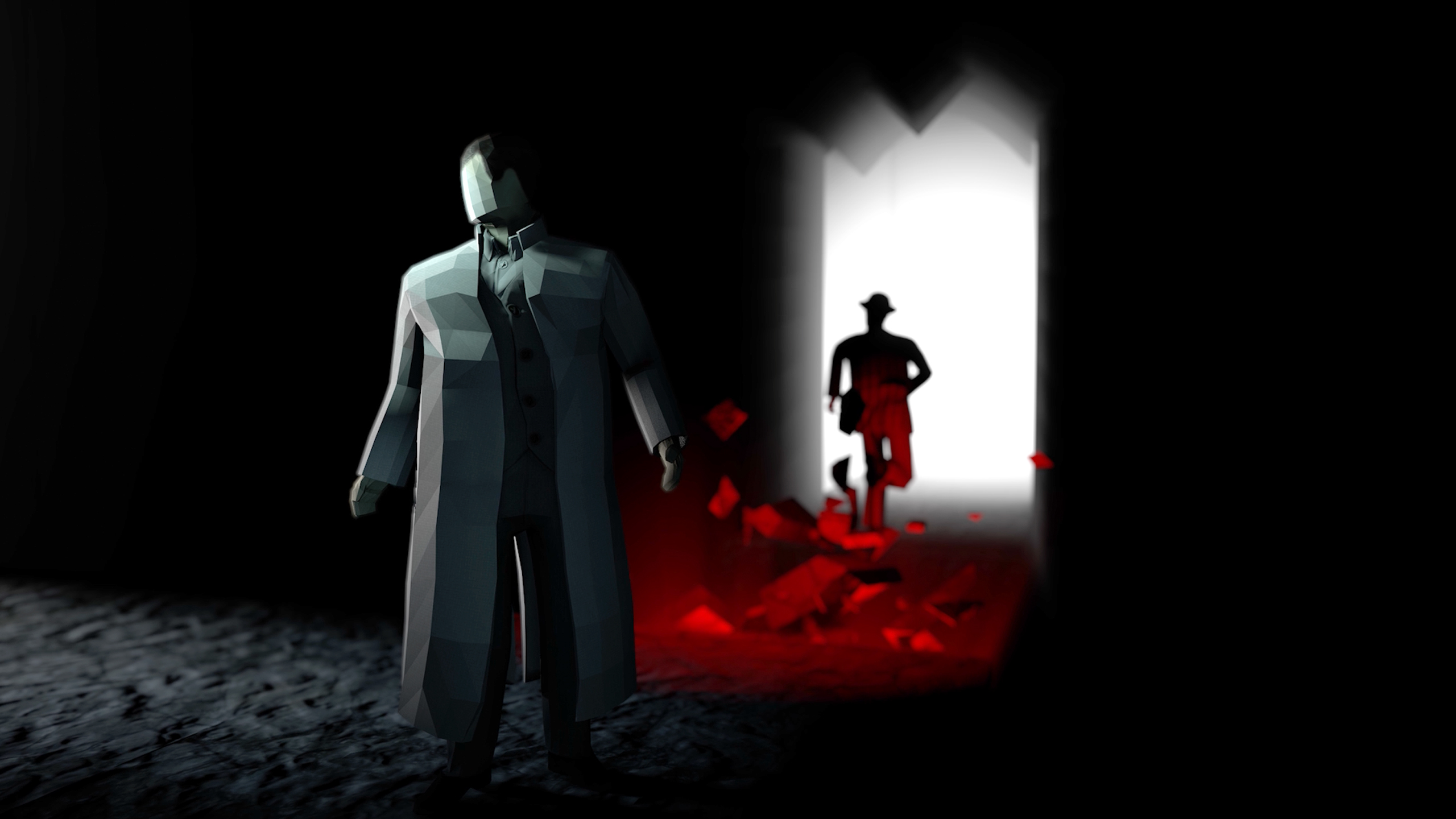
The audience really liked our app with its oddball concept of putting opera and gaming together. We came back to Warsaw with a 3rd prize, full of positive energy. Knowing that it’s not only us believing in this game was a great source of motivation.
Act III: OK, so where is Mozart in it?
Basically - everywhere. Throughout all game you’ll hear original Mozart’s music from “The Magic Flute” opera, although we decided to rearrange it a little bit by swapping human vocals with strings. Just to make the soundtrack less distracting, as background music should be.
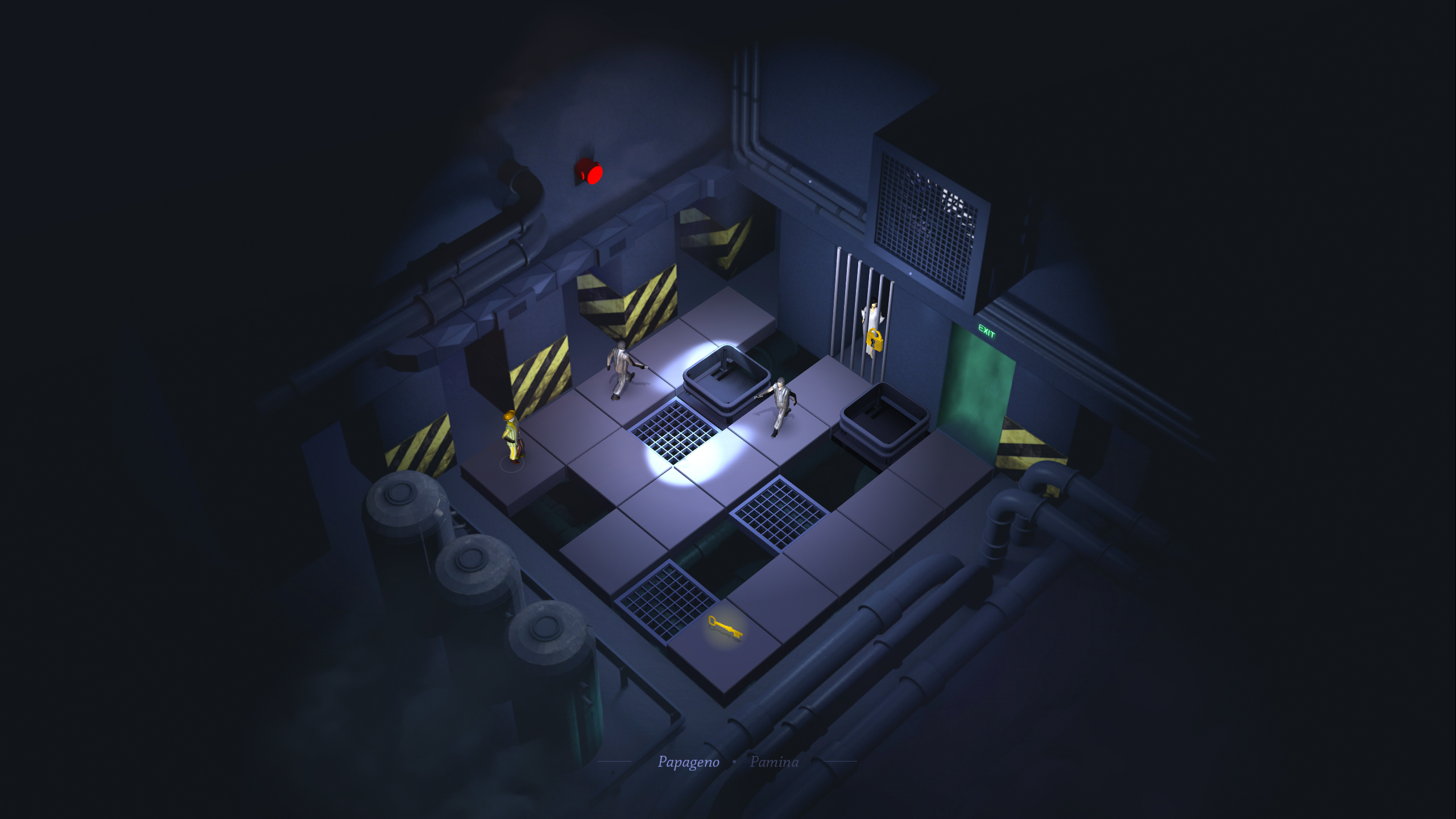
Level design is also firmly rooted in the plot of the Magic Flute’s libretto. The player can follow the story of the opera while clearing level objectives. Sometimes you’ll have to run away from a furious serpent, another time you’ll need to sneak around to avoid guards.

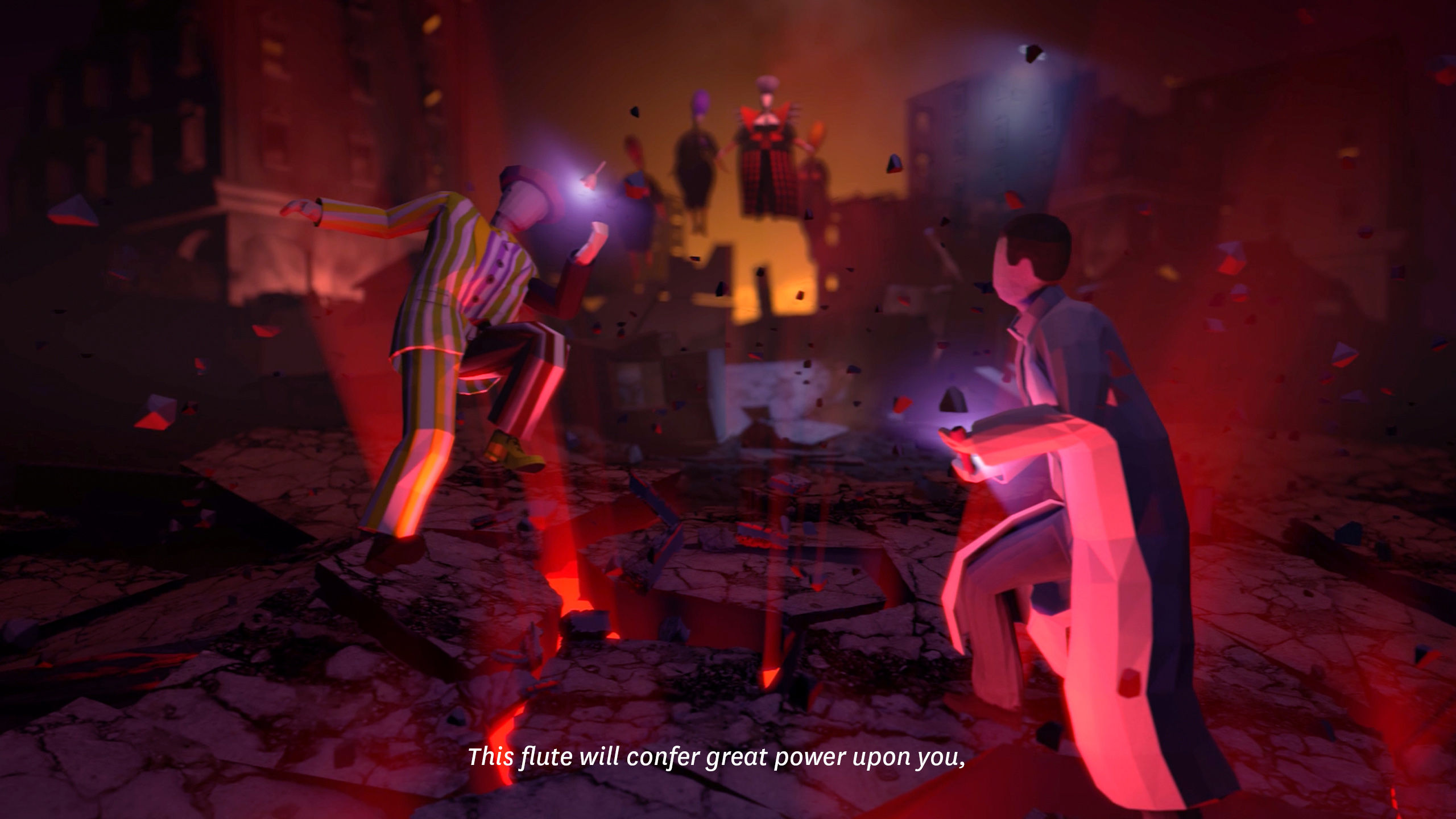
All of this leads to finding the princess Pamina and freeing her from the said-to-be evil Sarastro.
Between the levels you’ll watch beautiful cutscenes with some top-notch professional British voice acting.
Showcasing and recognition
Last summer we presented the game in nearly-finished form at Casual Connect in San Francisco and received very positive feedback from the industry. A reporter from Gamezebo honored us with their “Best in Show” title.
So far we’re very excited to get Magic Flute featured in Best New Games category on both iPhone and iPad App Stores in US and UK. That’s already a huge success for our team. Now we decided to make a version for PC and Mac platforms – we’ve been successfully greenlit by Steam and have launched on February 17th. But this is only a beginning of our magic journey. We’re constantly listening to players’ feedback and also have Act II of the game in mind.

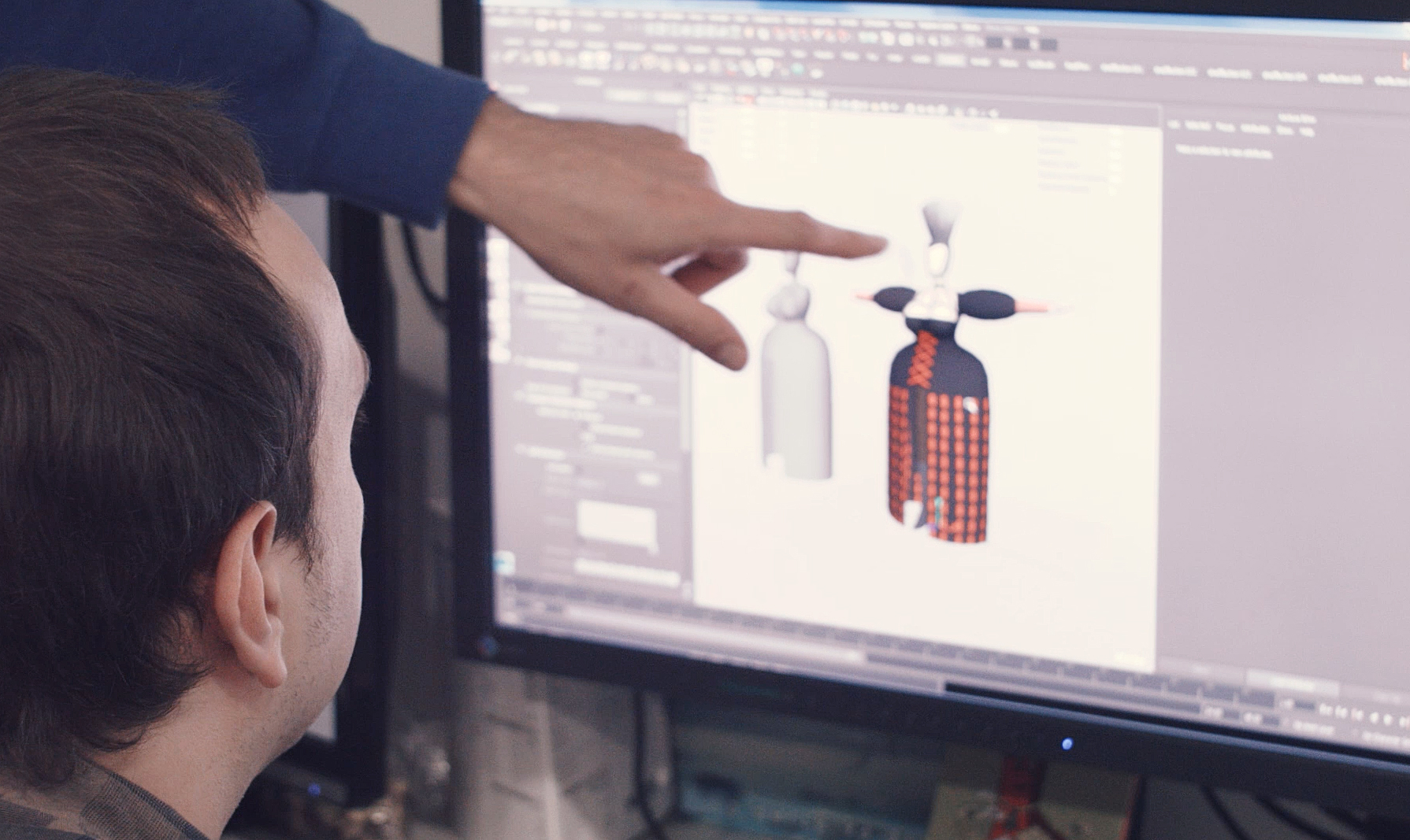
Magic Flute is available for iOS and Android and very soon also on PC & Mac on Steam. Don’t wait and download the game to experience Mozart’s opera in a new unexpected way!
Also follow the team on Facebook and Twitter pages to get news on other surprising game ideas.

Comments









